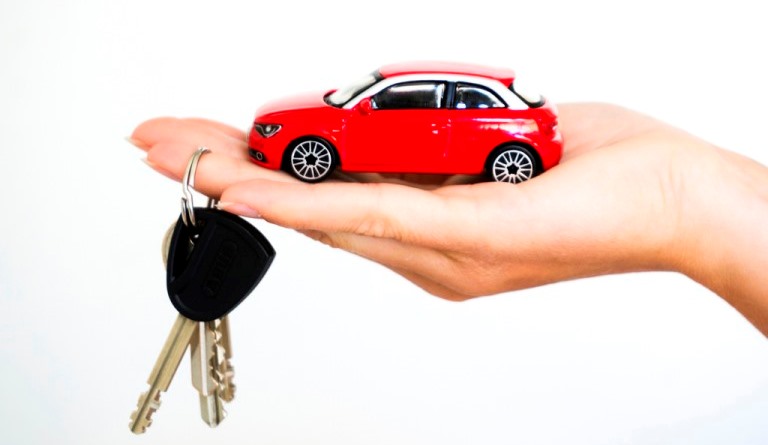Are you looking to buy a car and realize you need an insurance plan for it? Then you better not forget researching insurance plans in the excitement of buying a car. Skipping over this detail may lead to financial harm almost as early as you drive off the lot.

“You need to look for insurance prior to stepping foot on the lot to negotiate to buy a vehicle,” says a consumer analyst at Insure.com, Penny Gusner.
“Keep your car insurance costs in mind when looking at cars and deciding what exact brand and model you may buy,” Gusner said. “While your choice of a car narrowed down to a few, it’s time to shop for an insurance.”
Buying a vehicle after sorting out the insurance needs may save you many dollars because some cars, including sports cars, can have higher rates. While the payment for a new vehicle might be feasible, you still need to consider auto insurance as a share of the cost.
Protect your finances, your car, and ultimately yourself by paying attention to these key car insurance points before buying any of your favorite vehicles.
1) Determine how long your newly purchased car will be covered by your current car insurance plan
Replacing a vehicle on your policy is usually covered by the same coverage you already have. But, it can be as momentary as 24 hours or as lengthy as 14 days. So, it’s better to check before you buy to see what it is rather than simply assuming you’ve coverage. Moreover, if you’re not changing a vehicle, then you may not have any coverage anyway.
2) Make sure you completed your car insurance paperwork
Don’t assume the dealership will automatically fill all your car insurance paperwork. Not only is the staff busy, but it also is not their duty to call and add a car to your plan.
“If your dealership looks at your insurance and allow you to drive off, it’s because they are thinking you checked and recognize that there is coverage under your current policy,” Gusner says.
Remember, if you’re financing or leasing a vehicle, the lienholder will mandate that you have comprehensive and collision coverage alongside your liability insurance.
So, if you keep liability-only coverage but have in need of comprehensive and collision coverage, get it added ahead of leaving the lot because it does not get added for you automatically.
3) Talk to your insurance agent for better coverage
It is obvious that you know the cost of the car you’re buying, but you also need to assess what coverage, deductibles, and limits you must buy. For example, lienholders typically ask for deductibles that are under $5000, says Gusner. Therefore, talking with your insurance agent is a good option for a better plan for your new car.
4) Liability coverage is your basic insurance for driving on roads
Most U.S. states require you to have liability coverage to pay for injuries and losses to others you may be responsible for when driving your car.
5) PIP (Personal Injury Protection) is required as part of your basic car insurance policy in no-fault U.S. states
Personal Injury Protection (PIP) pays for medical expenses up to its plans, regardless of fault in an incident. Again, talk to your agent for a better understanding of the plan you needed.
Also, make sure you identify what coverage, limits, and deductibles are (collision and comprehensive have deductibles you must pick) when shopping for insurance so you receive the right rate quotes.
6) Consider gap Insurance if owing more than your vehicle’s worth
Cars tend to depreciate as soon as you drive off the lot. There are multiple cases where care buyers having their cars totaled soon after buy and owing thousands of dollars more than their insurance covers.
Gap insurance works to pay the gap between the value of the car at the time of its complete loss and what you still owe on it.
7) Extend your car coverage with collision insurance
When you’re driving your vehicle, you can get hit by another car or object like a shopping cart. Collision insurance protects your car in such cases. That’s why lienholders need that you carry it: the vehicle is still the asset of the lienholder.
8) Protect your car from weather-related damages with comprehensive insurance
Do you live in an area often affected by tornadoes? Or you live in a flood zone? Comprehensive insurance is a smart choice, even if you don’t experience extreme weather conditions.
Comprehensive insurance defenses your car when it is damaged by fire, vandalism, or theft.

